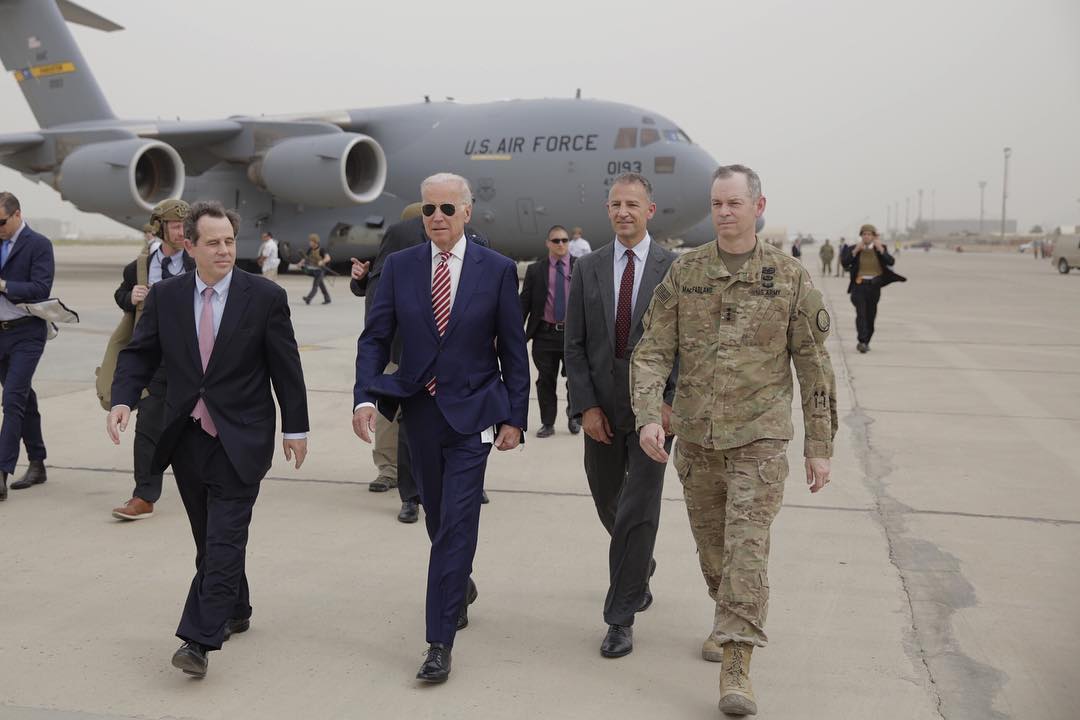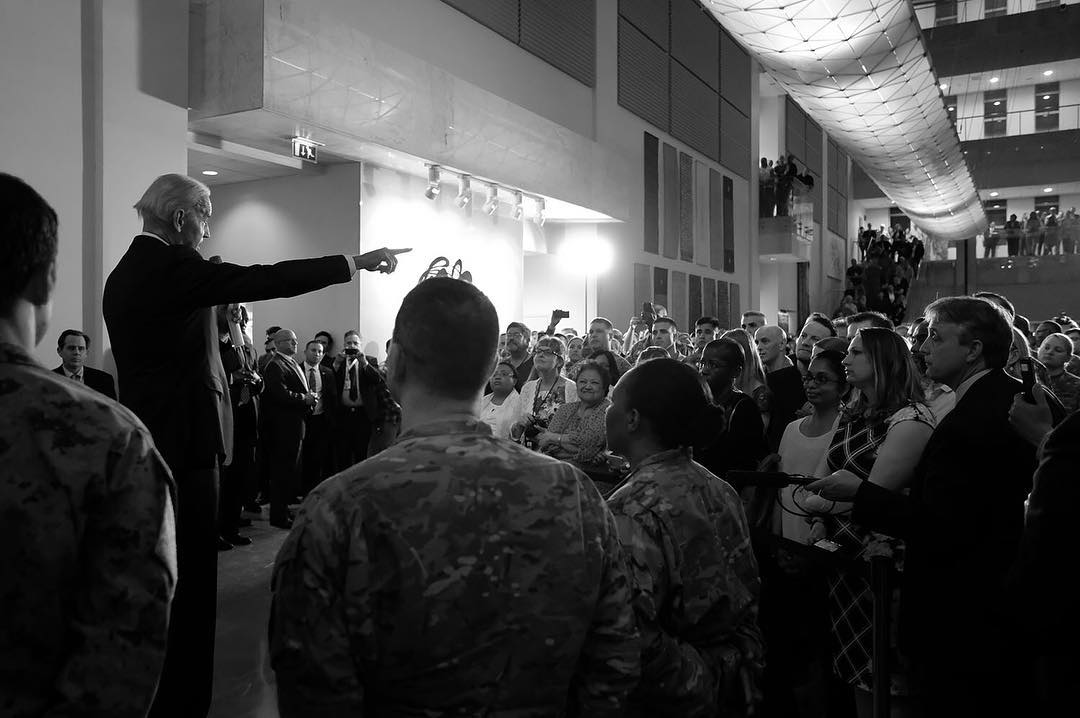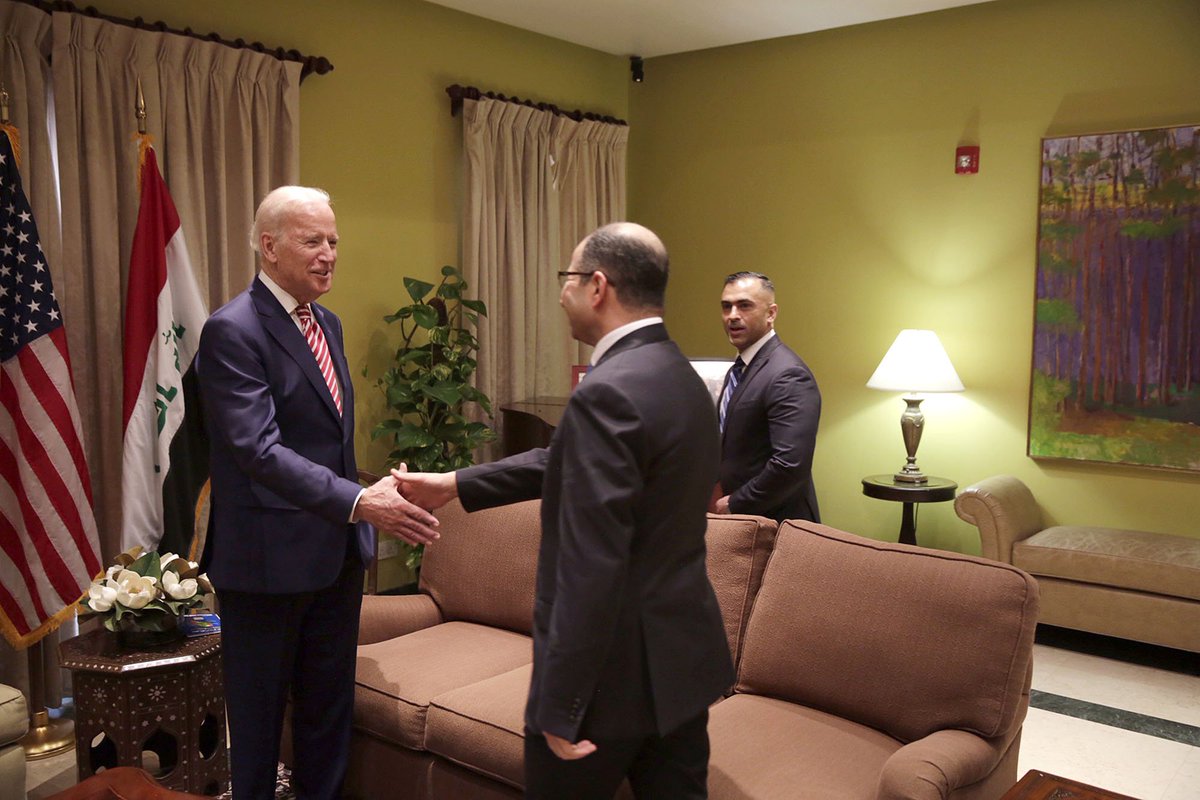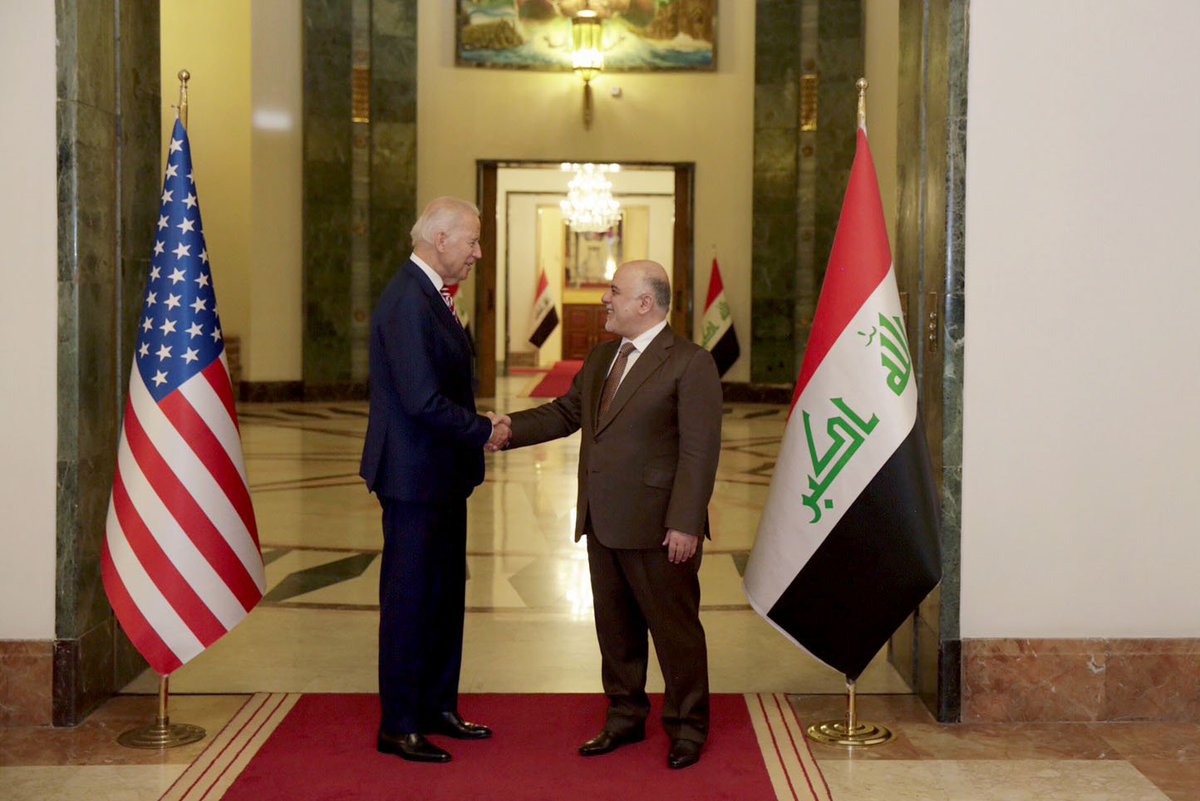That's Steve Grand's "Stay."
I loved Steve Grand's debut album.
It's one I still can't stop listening to.
He's become one of my real favorites.
His debut was a real charmer filled with strong songs that stick in your head.
I really have huge hopes for his second album.
I may or may not do a review on Sunday.
I'd like to but honestly I have the weekend blahs.
You know, a case of the I-don't-want-tos.
Closing with C.I.'s "Iraq snapshot:"
Saturday, April 30, 2016. Chaos and violence continue, the Green Zone
is breached, Nouri al-Maliki gets a little stronger politically, and
much more.
Well color me surprised.
Well color me surprised.
#العراق:فيديو:
هو هو نوري المالكي والله انجلطك
قيس الخزعلي اكبر قنذر هوهو
حنان الوسخة
نوري المالكي اليوم انجلطك
#العراق:فيديو :غراب مجلس النواب عباس البياتي داخل السياره والمتضاهريين يحاصروووه
Moqtada al-Sadr's protesters live chiefly in Basra (they didn't come into Baghdad today) and in the Sadr section (usually called "slum") of Baghdad. That last group has been protesting in Baghdad, outside the Green Zone, on his orders.
They made it into the Green Zone.
#Iraq Protests Update: Everything You Need To Know About The Civil Unrest In Baghdad’s Green Zone
Everything you need to know?
Not really.
Tear gas was fired.
After.
After the protesters were inside the Green Zone and had stormed the Parliament.
After they had stormed the Green Zone and made it into the Parliament.
After.
There's a point here, if anyone's paying attention.
In all the years of the Green Zone, it was only almost stormed once and that was shortly after Nouri al-Maliki became prime minister in 2006.
People were shot.
People were shot dead.
Immediately after, the 'Bremer walls' went up.
Moqtada al-Sadr's protesters made it into the Green Zone today.
Not because they're particularly smart.
Certainly not because they have super powers.
Clearly because either orders weren't followed regarding what to do when people attempt to breach the Green Zone or because there was a stand down order allowing them to seize the Green Zone.
Which was it?
It honestly doesn't matter at this point -- not for Haider al-Abadi.
Nouri al-Maliki was prime minister from 2006 through 2014 and the Green Zone was never breached.
Haider al-Abadi hasn't even been prime minister for two years and it's already been breached.
In August of 2014, the White House forced thug Nouri out as prime minister.
He's refused, even now, to vacate the official home of the prime minister.
He's plotted and schemed to return to power.
And how he's got the best tool and it was handed to him by Haider.
Thug Nouri ensures safety for Shi'ites.
Thug Nouri protects the capital.
Thug Nouri used those concepts/beliefs when he created his own political slate State of Law. It's what State of Law candidates ran on -- that they would provide security.
The footage today of the Green Zone?
The best campaign commercial Nouri al-Maliki could ever hope for.
Stephen Kalin and Ahmed Rasheed (REUTERS) report:
The initial breach was mostly peaceful, but around sunset security forces fired teargas and bullets into the air in an effort to stop more protesters from entering. Around a dozen people were wounded, police sources said.
A United Nations spokesman and Western diplomats said their compounds inside the Green Zone were locked down. A U.S. embassy spokesman denied reports of evacuation.
Iraqi security personnel and Sadr's militiamen formed a joint force to control crowds of protesters, most of whom had left parliament, a source in Sadr's office told Reuters.
All entrances of Baghdad were temporarily shut "as a precautionary measure to maintain the capital's security," another security official said.
Again, thug Nouri al-Maliki is the immediate winner. RUDAW notes:
Former Iraqi Prime Minister, Nouri al-Maliki, called the storming of the parliament dangerous and called for all Iraqis to stand against it.
Maliki also criticized Abadi for trying to announce a new cabinet during protests which make it difficult for all lawmakers to attend the vote. “That is not reform when there are threats and representatives of the people cannot go to the parliament to express their ideas.”
Let's talk about idiots first.
Kevin Drum.
Unlike me, Kevin Drum's never surprised -- because he knows everything.
Or thinks he does.
The Iraq War cheerleader -- the whore that MOTHER JONES disgraced themselves by hiring -- wants to insist that Moqtada's zombie today were demanding "more technocrats." He says "Iraq is in chaos. Again."
Again?
When wasn't in chaos?
I'm sorry, pathetic fool, when wasn't it?
Oh, when you weren't paying attention?
If it doesn't effect your world of whoring Hillary, it doesn't happen, right?
Here's rare footage of Kevin Drum relaxing earlier today.
Yesterday it rained in Tennessee
I heard it also rained in Tallahassee
But not a drop fell on little old me
But not a drop fell on little old me
'Cause I was in shoo-shoo-shoo, shoo-shoo-shoo
Shoo-shoo, shoo-shoo, shoo-shoo sugar town
No one's been resisting any change for technocrats.Shoo-shoo, shoo-shoo, shoo-shoo sugar town
And if the dumb ass with blood on his hands read Arabic, he'd be fully aware of how Haider's 'technocrats' have been mocked repeatedly because they aren't.
Not the first slate he proposed as March came to an end and not the current slate.
They're not 'technocrats.'
Calling them that doesn't make it so.
State of Law supporters are on social media as well.
They're largely spreading rumors.
Most outrageous one? Moqtada spent all that time in Iran in the last decade because he has a boyfriend he keeps there.
This is really a battle between Nouri and Moqtada.
It always has been -- even before Haider showed up as prime minister.
Moqtada's been held check many times by Nouri because Nouri's held on to the arrest warrant for Moqtada all this time.
It's why Moqtada spent so much time out of Iraq.
It's probably why, even now, he gave his speech today -- inciting the followers -- from Najaf and not from Baghdad. [Mohammed Tawfeeq, Alanne Orjoux and Hamdi Alkhshali (CNN) note, "They hailed Shiite cleric Muqtada al-Sadr, who sparked the protests with a fiery speech on Saturday in the city of Najaf, about 100 miles south of the capital."]
Najaf forces would never arrest Moqtada.
And the forces are part of the problem.
BBC NEWS notes, "Members of the Sadrist militia group Saraya al-Salam were keeping order in the area, news agencies said."
Moqtada's zombies weren't allowed in the federal forces under Nouri.
Haider's let them in and the end result is Baghdad's Green Zone (the only protected area in Iraq) can no longer be secured.
The US Embassy in Baghdad today Tweeted:
التقارير الاعلامية عن اخلاء موظفي السفارة الأمريكية غير صحيحة
Those Tweets weren't for American audiences -- they were in Arabic.
The first one says that no Iraqi government officials are seeking sanctuary in the US Embassy in Baghdad.
The second one insists that US Embassy staff has not been evacuated.
Greg Jaffe (WASHINGTON POST) observes:
The chaos in the Iraqi capital comes hours after a visit by Vice President Biden that was intended to help calm the political unrest and keep the battle against the Islamic State on track.
As Biden’s plane was approaching Baghdad on Thursday, a senior administration official described the vice president’s visit — which was shrouded in secrecy prior to his arrival — as a “symbol of how much faith we have in Prime Minister Abadi.”
After 10 hours on the ground in Baghdad and Irbil, Biden was hurtling towards his next stop in Rome. The feeling among the vice president and his advisers was that Iraqi politics were on a trajectory to greater calm and that the battle against the Islamic State would continue to accelerate. Some hopeful advisers on Biden’s plane even suggested that Abadi might emerge from the political crisis stronger for having survived it.
No one is talking that way now.
Tweets from happier times.
Wheels down in Baghdad. Here, the @VP walks to his helo with Ambassador Jones and Lieutenant General MacFarland.

"Let me begin by saying thank you, thank you, thank you."
@VP speaks to embassy and military personnel in Baghdad.

"This is an old friend." - @VP, meeting with Speaker of the Iraqi Parliament Saleem al-Jabouri earlier today.

The @VP met with Prime Minister @HaiderAlAbadi for nearly 90 minutes today at the Government Palace in Baghdad.

Meanwhile, the US Defense Dept announced today:
Strikes in Iraq
Bomber, ground-attack, fighter and remotely piloted aircraft conducted 17 strikes in Iraq, coordinated with and in support of Iraq’s government:
-- Near Al Qaim, a strike struck an ISIL vehicle-bomb facility.
-- Near Fallujah, four strikes struck two separate ISIL tactical units and destroyed two ISIL fighting positions, an ISIL vehicle, an ISIL vehicle bomb, an ISIL used bridge, and an ISIL tank.
-- Near Habbaniyah, a strike struck an ISIL tactical unit and destroyed an ISIL fighting position and an ISIL mortar system.
-- Near Hit, a strike destroyed an ISIL mortar system.
-- Near Kirkuk, four strikes struck two separate ISIL tactical units and destroyed four ISIL vehicle bombs, an ISIL vehicle, an ISIL supply cache, four ISIL weapons caches, four ISIL assembly areas, two ISIL tunnel systems, an ISIL front end loader, an ISIL excavator, four ISIL fighting positions, three ISIL-used bridges, an ISIL bed down location, and an ISIL tactical vehicle.
-- Near Mosul, two strikes struck two separate ISIL tactical units and destroyed three ISIL assembly areas, two ISIL bed down locations, two ISIL fighting positions, and an ISIL weapons cache.
-- Near Qayyarah, three strikes struck three separate ISIL tactical units and destroyed three ISIL rocket rails, five ISIL rockets, and an ISIL vehicle.
-- Near Waleed, a strike produced inconclusive results.
Task force officials define a strike as one or more kinetic events that occur in roughly the same geographic location to produce a single, sometimes cumulative, effect. Therefore, officials explained, a single aircraft delivering a single weapon against a lone ISIL vehicle is one strike, but so is multiple aircraft delivering dozens of weapons against buildings, vehicles and weapon systems in a compound, for example, having the cumulative effect of making those targets harder or impossible for ISIL to use. Accordingly, officials said, they do not report the number or type of aircraft employed in a strike, the number of munitions dropped in each strike, or the number of individual munition impact points against a target.
As Jill Stein, who is seeking the Green Party's presidential nomination, noted:
Doing things that caused ISIS in the first place will just lead to more ISIS.
 Zuhair Hussainزهير
Zuhair Hussainزهير  U.S. Embassy Baghdad
U.S. Embassy Baghdad  VP Biden Live
VP Biden Live
 Dr. Jill Stein
Dr. Jill Stein